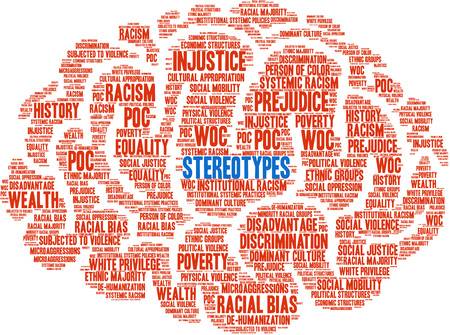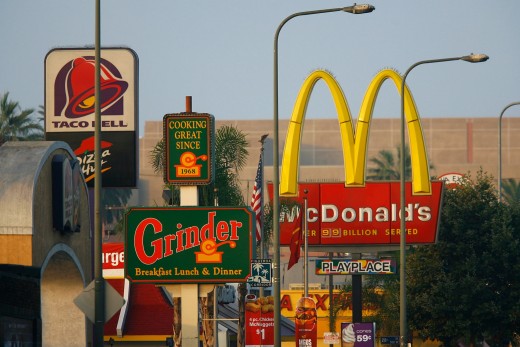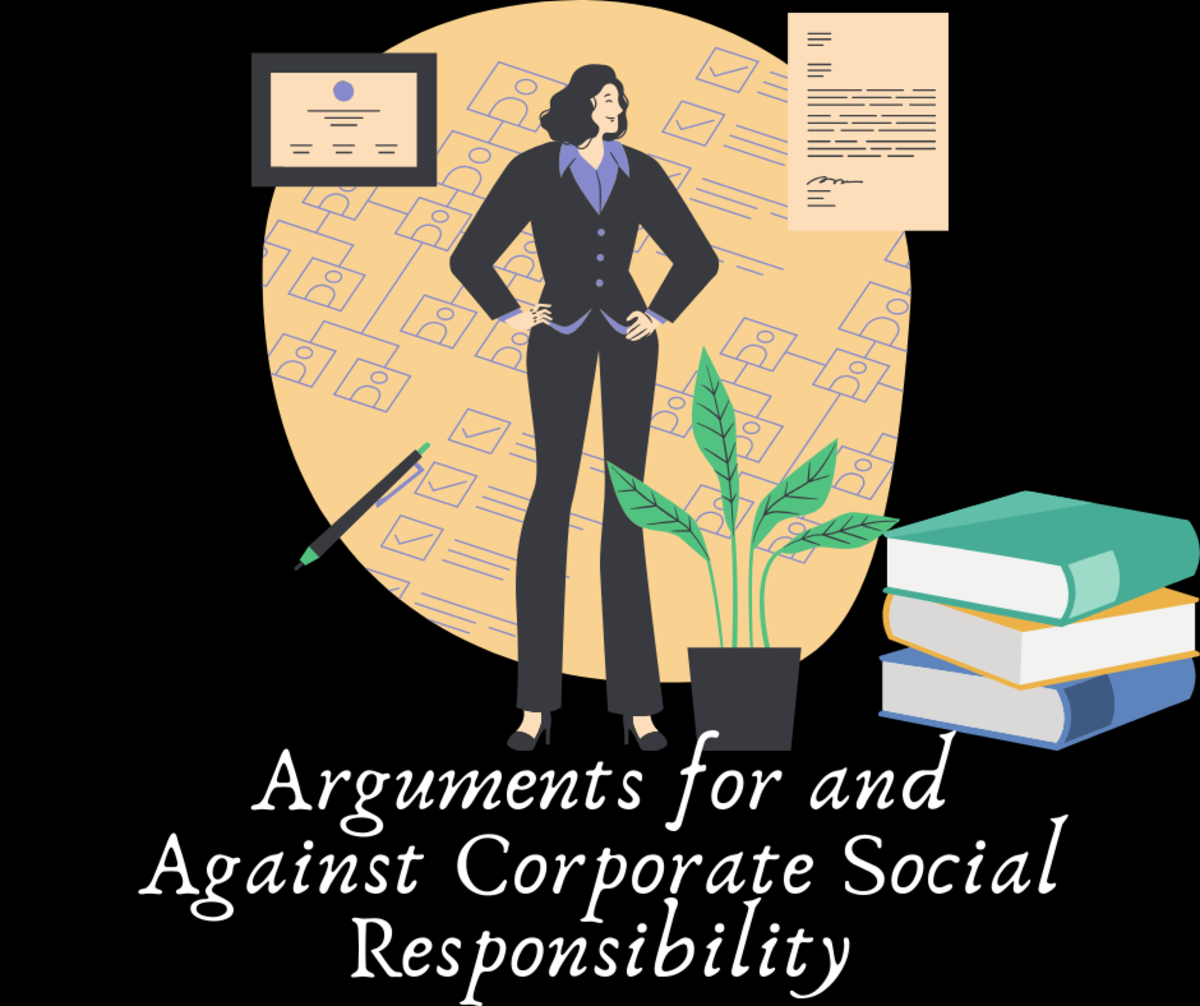The Repressive Submergence of Authentic Establishments in Society

Virtually every nation within the world have an inherent assembly of developed and cultivated tropes of the culture of their comprising civilisation, and they have been partially responsible for an entire profusion of attributed assumptions and stereotypes. They are, of course, now deplorable processes of cognitive perception, and subject to denunciation on account of the connotations of the implicated ignorance and even insensitive bigotry that can potentially fuel the marginalisation of a whole society. There are exceptional circumstances where, astonishingly, stereotypes can be applied to someone or even a pantheon of people with nothing other than affectionate regards as the intent behind it-But in the current age of highly punctuated political correctness, and the anxiety of being consciously oversensitive to the expectations of preserving the civilised and gentle exchange of interaction and parley between participants of a conversation surrounding the taboo topic renders any socialisation or discussion with pertinence to it ground to tread with trepidation.
The only circumstances in which the declaration of stereotypes is truly unequivocally acceptable are when they are orated with a whimsically humorous gist by either those who correlatively suit the criteria of such, or those privileged to the unique virtue of having the profession of entertaining people through hysterical content. For every aspect of anything, however, there is an equally antithetical eminence, as well. Although there is the utility that generalisations have for aspersions, there is also the affectionate address of them, and there is the confluence with it through humour. And, although there is a discouragement implemented as an imperative discipline of self-restraint and omission from recklessly using marginalisation, there are indiscriminate circumstances in which the formulation of them was predicated upon-The underlying truth. There is no smoke without a fire.

Perhaps the most virtuous and positive sentiment behind generalised stereotypes is the pride that can be taken in adherence to them; As opposed to taking offence from being attributed with them on mistakenly presumptuous grounds, whether it is considered “petty” or not. For example, in America, many citizens of the country may take umbrage with the very principle of being assumed a gun-toting, burger eating reprobate, and the designation of that would be inequitable. Americans were large contributors to the burger’s rise to prevalence in its consumption, and as a country, they have collectively elected to permit the perpetuated circulation of arms as a right of a citizens’ possession-But they were not solely responsible for these things, and they are not the only nation in which the prevailing consensus is one of advocacy toward them. America isn’t even the fattest, or the most violent country in the world. But one stereotype in which the vast majority of the population would not only admit to but take a deal of pride in, is their unified patriotism and adoration of their own country. Even with the recent controversy of disparate divisiveness over the current political establishment, most Americans would concur on the communal sense of the best interest of the thriving pervasiveness of their complete image.
One thing that that country shares with many of its peers, particularly in the economically developed world, is the constructions of the current prevalence of the corporate saturation of the business establishments within are based upon the constructions of authentic, domesticated businesses. A most indicative representation of this are the stereotyped, but factually intrinsic and significant public houses and cafes of the United Kingdom. People from other countries may sometimes struggle to empathise with the great sense of pride that Brits take in their domesticated establishments, but it is essentially an unspoken and tacit nuance of a mutual adulation and appreciation for numerous “Queen’s Head”’s and local “Street Cafe”’s that have found synergy and cultivation within the conglomerative society if the nation’s provinces. Even the most derelict, insignificant town within Britain likely hosts a beloved pub or cafe, that the members of the community relish in the frequenting of. It is a virtue of every little element of the insular minutia contained within the businesses that an inundating sensation of welcomeness and belonging is shared and assimilated between the visitors of any one practice.

But in recent decades, there has been a revolutionary transition of the occupancy of the rights for stability in the position to inhabit a venue for voyages of enterprise. There is an authenticity in an earnest and genuine compassion for the perpetuated preservation of the integrity and unity of a community that is not only incentivised for business purposes, but integrally inherent within the premise for the mission of a business of that ilk. A sentiment that cannot be replicated by the faceless corporate behemoths that are gradually repressing those establishments into submissive submergence. As time progresses, debates over the steady, but dramatically exponential increase in the uprooting insurrection of the “home” businesses by the large corporate brand chains-assembling monopolies at a rate approaching a higher rapidity-have grown widespread commensurately. The overall opinion is the rhetoric that there is nothing sacred anymore. The flair in the embellished and accentuated appearance of the company chains externally(seemingly specifically tailor-made into a template for the construction of an appealing and accommodating customer experience of the offered service) is a fashion trend that is endearing enough to follow in rampancy, but is also acknowledged mostly as a superficial veil to conceal the true intent of impure, adulterated efficiency in a resilient uncharitable gluttony for the donations of wealth from the pockets of those who they stand in supreme dominance above.
They have been derogated as depraved delinquents who have committed the blasphemous sin of taking a page out of the books of the purely innocuous and benevolently willed entrepreneurial proprietors who don’t seek global dominance, and have contorted the generosity or courtesy at the very least into a scheme of subterfuge to coerce consumers into endorsing their organisations by the granting of a surplus to the necessary requirements. The aforementioned components are the products of a cynical perspective, and the extension of this results in the allegation of the only flexible compromise of their impositions being exacted when the bottom line is affected. Such implications would threaten to cause mayhem and wreak havoc for any not directly sanctioned within the salvation of the executive institution’s embrace, with even those under the employ of the companies not exempt from subjection to adverse odds. The entire commission is jeopardising, with little regard for any nobility, symbolic gestures of magnanimity or consideration, or the equity between competitors.

But the requisite means for the maintenance of the welfare of a business are contemporary to the scale of the evolution of the affluent resplendence of them, and so the demand for the ever-rising unrealistic demands of a company persists. This, unfortunately, comes at the minor expense of adhering to a procedurally formulated template that is perfunctorily emulated repeatedly for such businesses, and at the significant expense of the deprivation of a genuine, pleasantly congenial environment that is almost devoid of materialistic superficiality. And it can only end in futility, as nothing will ever satisfy or fulfil the demands of the economic philosophy the dictates the subsistence of the world. They are now mandated to operate in the manner that they do in adherence to the mean of precedents set by precursive decades of the ascension of commercialism and capitalist capitalisation, and simply take proceeding in due course in their stride. For the purposes of full, lucid equity, the desire of the defenders of the quintessential British establishment to completely relinquish or outcast the corporate supply chains. That would be illogical and counterproductive to the commercial prosperity of the nation. They would instead ever to the oracle of the philosophy of life, that everything is acceptable to indulge in, in moderation and with discipline. The most affronting problem they have is the realisation that the diminishing quantity of the valued home brand of contributing enterprises is a troublesome dilemma afflicting not only Britain, but many nations in the first world, and even the third-And there seems to be no reprieve or respite from an inevitable overhaul.
It is an almost direct contravention of one of the few stereotypes that Brits take pride in. It is within the very complexion of the fibre of a Brit to create and be greeted by the creation of a homely, and casually sophisticated atmosphere. As petty as some of the qualms, or as trivial as the pedantry concerning the diligent attention to the details of refining the home to emulate the ambience of a public house or cafe to an admirable quality of the gradable metric of exceptional excellence may seem, that is what the essence of being British is to most of them. Even those not of a lineage historically British, but born into the country have mostly adopted this mantra, and it makes what some would deem as a tragic catastrophe all the more disconcerting and shameful. Perhaps it is the relentless lack of an ability to appease, but all they ask for is an equilibrium between the saturated distribution of types of businesses. They are aware that the felonious fallacies that certain members of the corporate elite have committed have lead to an inequitable bias of perception of the businesses, and do want and even rely upon certain chains, but the gratuity that has superseded rationale and culminated in a repressive submergence of the manifests of enterprises that have laid the foundational groundwork that is essential for the mere existence of their “superiors” does the plausible merit of the company’s reputations no favour.








